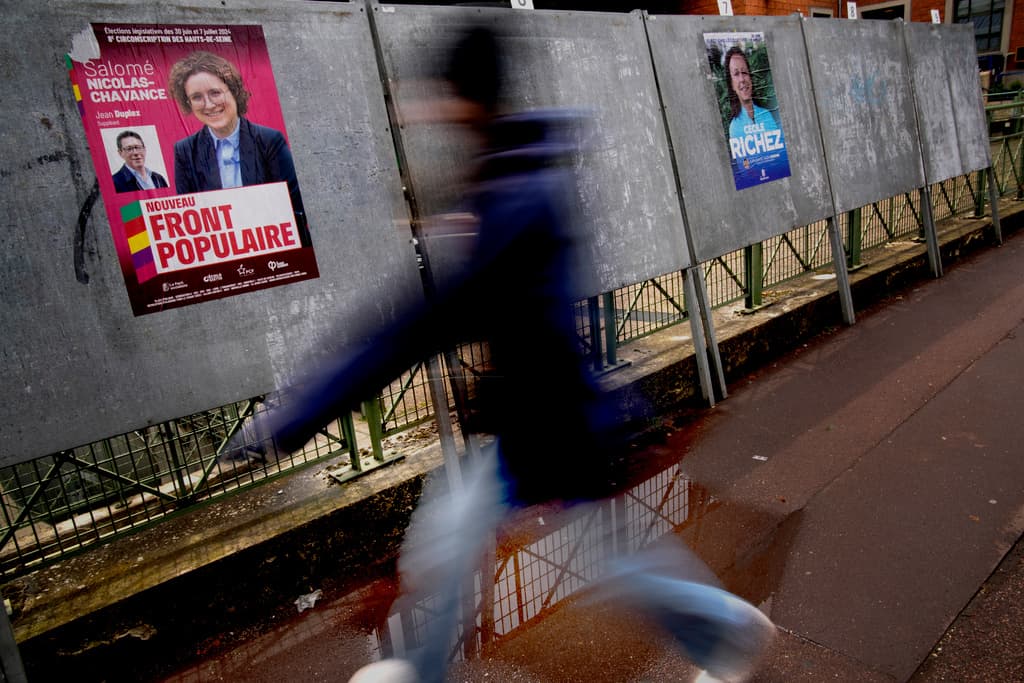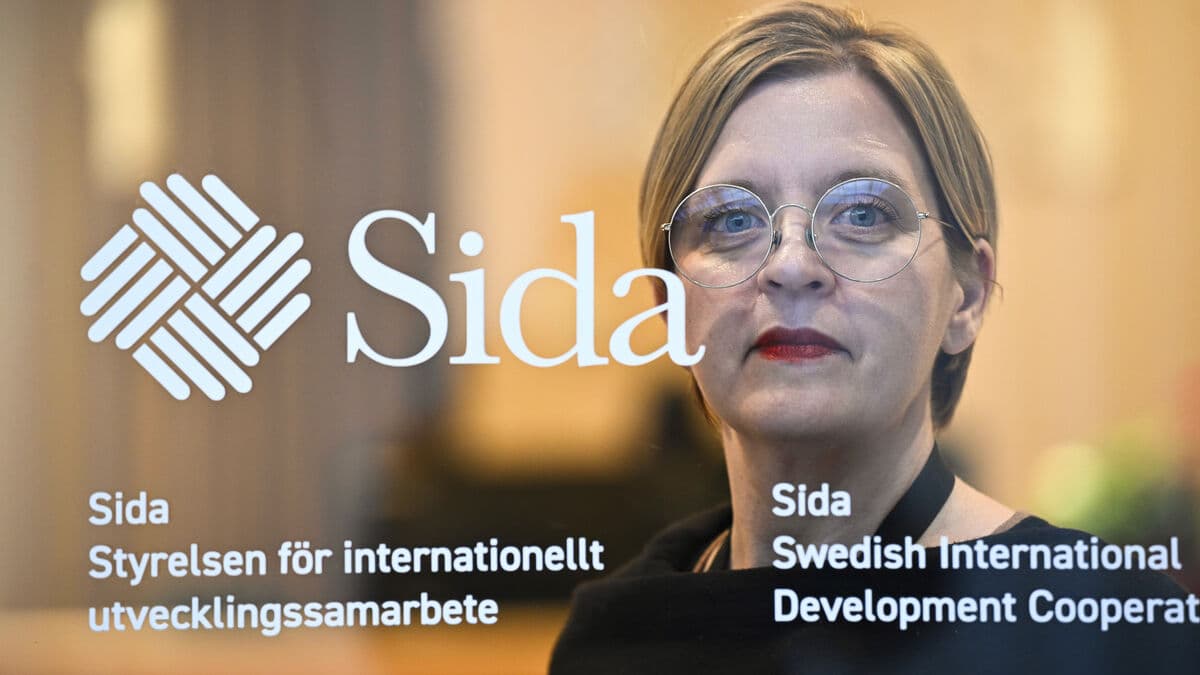There is a crisis atmosphere on the French bond market – where the French state finances itself – ahead of Sunday's new election to the parliament in France.
The Paris stock exchange is also falling – despite increases on all other fronts in Europe – and now the entire stock market gain for the year has been erased.
The interest rate on a ten-year French government bond has risen to 3.30 percent, which can be compared to 2.46 percent for the corresponding German government paper.
The gap between the two euro countries' bond yields is the largest since the euro crisis in 2012. It's about a risk premium that lenders demand to lend to France ahead of what is feared to be a chaotic political period in the country and worsened problems with budget deficits for the French state.
The Paris stock exchange is also falling – despite increases on all other fronts in Europe – and now the entire stock market gain for the year is gone after a 6 percent fall since the EU election on June 9. President Emmanuel Macron dissolved the French parliament the same evening and announced new elections following strong headwinds for his party in the EU election.
The uncertainty surrounding the French political situation is also pressing the euro, which is currently hovering around the exchange rate of 1.07 dollars per euro, the lowest level against the dollar in about two months.
The market had already doubted the French state's ability to address growing budget deficits before Macron announced new elections.
Credit rating agency S&P Global downgraded France's credit rating at the end of May, and the International Monetary Fund (IMF) has made calculations showing that France's budget deficit is expected to exceed the EU's ceiling of 3 percent of GDP for many years to come.






